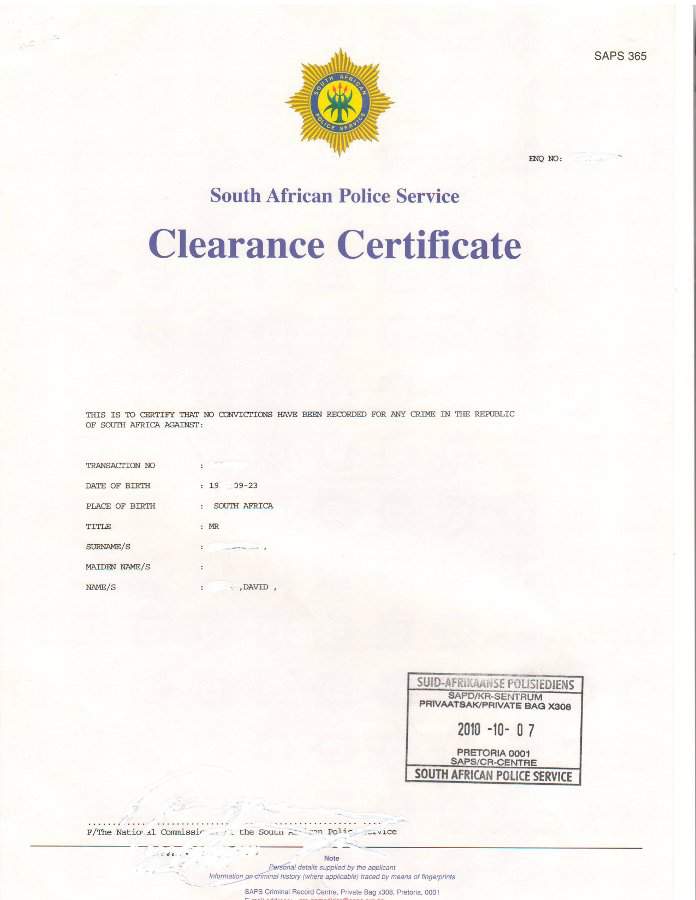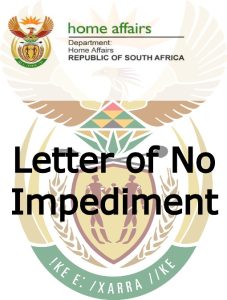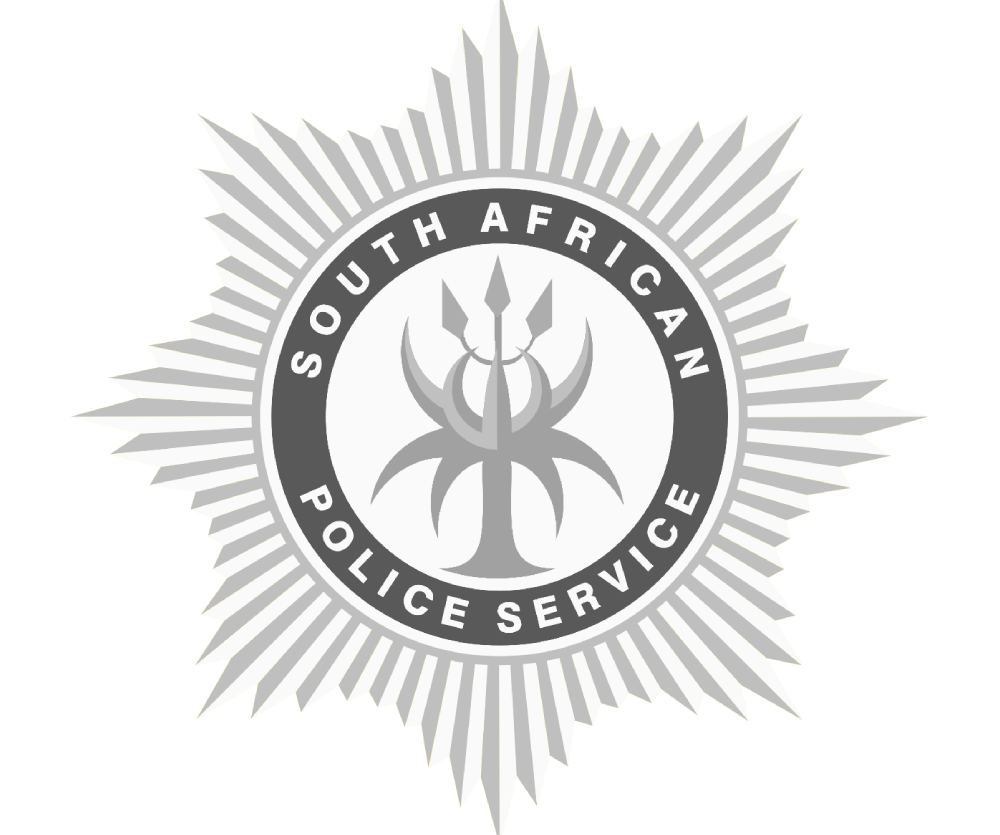For many South Africans, moving to a new country, whether for work, study or residence, often involves navigating through various administrative processes. One crucial document that may be required in such cases is a South African Police Clearance Certificate for foreign countries.
Police Clearance Certificates, often referred to as Criminal Record Certificates or Certificates of Good Conduct, are important documents that many foreign countries require for immigration purposes. They are usually mandatory for employment in most industries and for the majority of countries when working overseas. This is especially true for all visa applications to China and Spain, and for positions such as teaching and banking around the world. These documents confirm an individual’s criminal record and give potential host countries important insight into the individual’s character and suitability for immigration.
This comprehensive guide explains the importance of South African Police Clearance Certificates for foreign countries, how to obtain them, and their impact on your visa application process.
Understand the importance of the South African Police Clearance Certificates for foreign countries.

A Police Clearance Certificate carries considerable weight in the eyes of overseas immigration authorities and prospective employers. It is a testament to an individual’s past behavior and character. The Police Clearance Certificate (PCC) is issued as a result of a background check by the South African Police Services to enumerate any criminal record you may have in South Africa. It serves as proof that you have not been involved in any criminal activity in South Africa or, if you have, provides a copy of your criminal record. It gives a clear insight into your life and assures the authorities of the destination country that you are not a threat to national security and do not have a criminal background. Failure to provide a South African Police Clearance Certificate to foreign countries may result in the refusal of a visa.
Remember, foreign embassies are always looking out for the safety of their country first, and allowing people with criminal backgrounds could be inviting a threat to themselves. This is one of the main reasons why a clean record is usually required when submitting a visa application. Applicants with a history of criminal activity may face additional scrutiny, delays, or even outright denial of their visa application.
The Process of obtaining the South African Police Clearance Certificate for Use Abroad
The following steps are typically required to obtain a South African Police Clearance Certificate:
- If you live in South Africa, visit your nearest police station and state that you wish to apply for a Police Clearance Certificate.
- Remember to bring your identity card or passport and the application fee, which is R180.00 per application.
- You will be directed to the appropriate SAPS member assigned to Police Clearance Certificate applications.
- Your fingerprints will be taken to complete the SAPS 91(a) form. A copy of your ID or passport will be made and certified and attached to the application.
The processing time for a SAPS Police Clearance Certificate can range from a few days to several months, depending on how you submit your application. Normal processing with the SAPS can take up to 6-8 weeks, however, the SAPS is currently experiencing a backlog resulting in a wait of 3-6 months. So if you cannot wait, it is advisable to leave the police station with the application papers and try to use the services of third parties such as Global Apostille, who can fast-track the application within days.
Once Criminal Record and Crime Scene Management (CR & CSM) has received your application, a confirmation SMS will be sent to the number you provided. Another SMS will be sent upon completion of your application.
When your PCC is ready to be picked up, make sure you pick it up within three months. If you wait longer than three months, the document will be destroyed. You can collect the document in person, by courier, by a nominated person, or by returning it to the police station where you originally completed the application.

Tips for a Smooth Police Clearance Application Process
- Start Early: Start getting a police clearance certificate as soon as you can to make sure your immigration application doesn’t get delayed.
- Check Requirements: Make sure you are aware of the particular steps and requirements needed in South Africa to receive the certificate timeously.
- Verify Accuracy: Verify again that all of the information included in the application is correct to prevent issues or processing delays.
- Keep Copies: For your records and to give to immigration authorities, copy your police clearance certificate.
- Seek Help if Needed: Consult a legal professional or immigration practitioner if you face problems or have any queries to make sure everything is done properly.
7-day express police clearance from Global Apostille
Obtain an Express Police Clearance Certificate (PCC) for visa applications in as little as seven (7) business days by using the services of Global Apostille in Pretoria. We offer expert services to streamline and simplify the process of obtaining the Police Clearance Certificate in just 7 business days from receipt of application. Our experienced team will ensure an efficient processing and will provide you with peace of mind. We offer:
- Document Assistance: We help with compiling and assembling all required paperwork, making sure nothing is missed.
- Application Fast tracking: our experienced team aware of the proper channels and processes to use when submitting your application, which speeds up the process and lowers the risk of mistakes.
- Collection: Global Apostille will monitor the progress of your application, provide updates and ensure prompt collection of the final Police Clearance Certificate and courier delivery to you.
- Apostille & Translation: We can also assist with Dirco express Apostille and certified translation.
For more information, please contact us at: Tel: 012 348 3134; Mobile: 081 347 6060; Email: info@apostillelegalisation.co.za














2 thoughts on “South African Police Clearance Certificate for Foreign Countries”
Good day
1. I would like to DHL the paperwork for 2 people to do PCC (no need to dirco).
2. Received PCC only courier to a South African address.
How much will it cost and options for timeframes?
Kind regards
Johan
Good day Johan,
Thank you for reaching out.
To provide you with a quick and accurate quotation,
please send us an email to info@apostillelegalisation.co.za,
with the following details:
The destination address for the documents
Your preferred shipping timeframe.
Once we have this information, we will promptly
send you a tailored quote for the services.
Looking forward to hearing from you soon.
Kind regards,